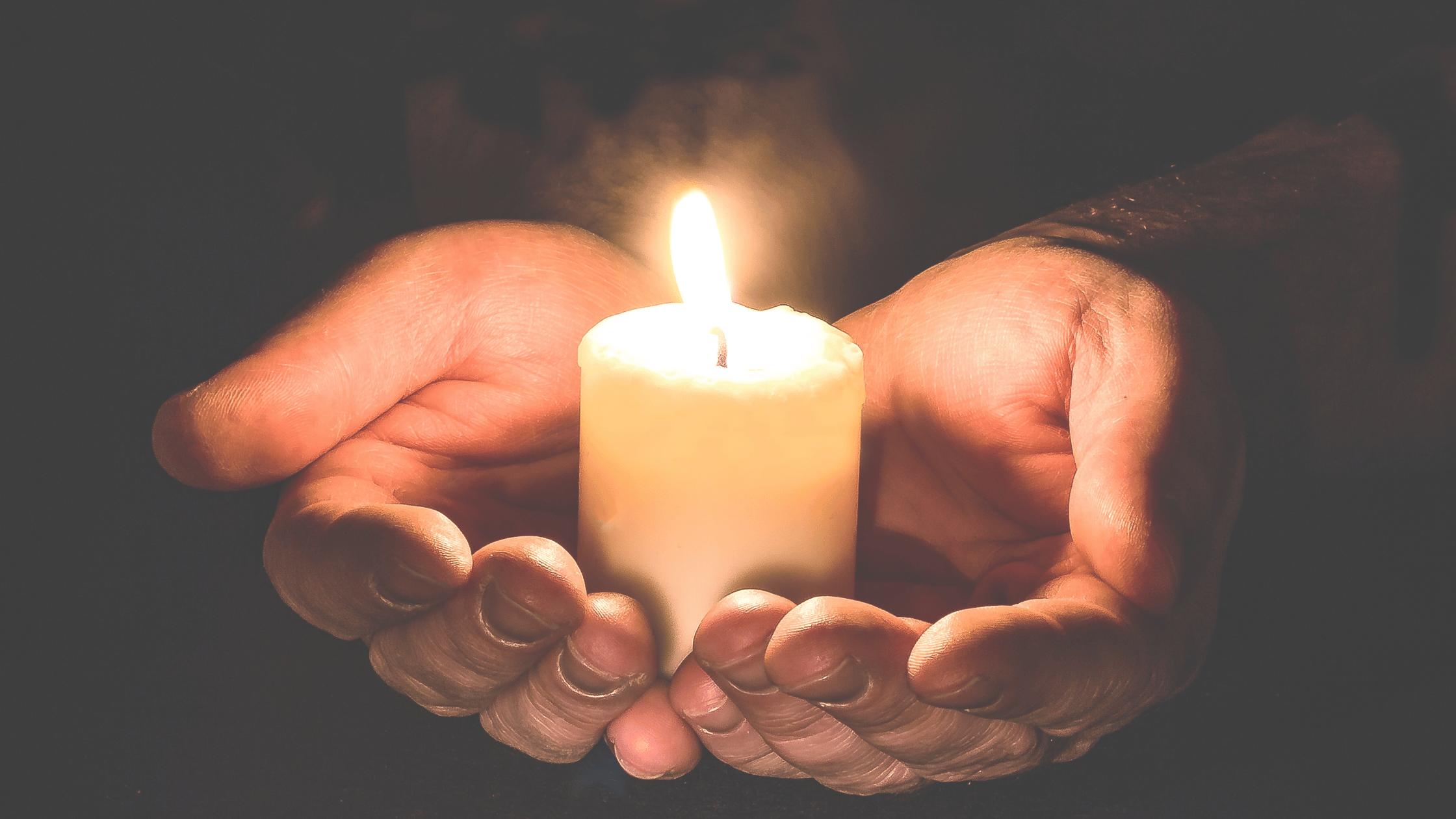Pregnancy is an incredible and transformative journey filled with joy, anticipation, and excitement. While the process of bringing forth new life can be beautiful and happy, as we know, it can also be a struggle for many women. It's a time of significant emotional, physical, and life changes, which can be exciting, but also bring along uncomfortable emotions and challenges to the mother’s mental health. From anxiety and depression to overwhelming stress, the wellbeing of both the mother and the developing baby can be impacted.
How Online Therapy Can Help Moms With Postpartum Depression In Tampa
Pregnancy is such a special time in life. There’s the glowing sense of abundance that somehow outweighs the uncomfortable body changes, the feeling of connection to new life, and the eager anticipation of meeting baby for the first time. No matter how labor and delivery unfolded, whether with ease and as planned or requiring emergency intervention, the postpartum period is often a different story.
How To Find An Online Therapist That Treats Postpartum Anxiety and Depression in Louisiana
Online therapy has become a new normal for therapists and clients alike. Once viewed with skepticism, the format has taken off in the wake of the global pandemic and an increasing need among people to access mental health services.
It’s particularly useful for women living with postpartum depression and anxiety, both of which are serious mental health conditions that can affect women after childbirth. They are characterized by a range of emotional and physical symptoms that interfere with a woman's ability to care for herself and her new baby.
What Is Postpartum Psychosis?
Few things are as life-changing as childbirth. The physical and emotional tolls of the act itself multiplied by the social isolation experienced by a new mother make this event one of the major stressors for a woman. As a result, it’s relatively normal for a new mom to experience mood swings and some mild depression in the first two weeks called baby blues but it’s important to be aware of the more serious manifestations of postpartum motherhood.
10 New Orleans Area Date Night Ideas For Women From an Online Therapist
We talk about it as moms all the time, and our friends likely warned us about it before we had kids of our own. Your relationship with your partner will probably struggle in the months and years after you grow your family by adding a child. And yes, the day-to-day grind of raising small humans can be exhausting and seemingly all-consuming of your energy. So, your connection with your partner gets put on a back burner, assuming this season of life will pass and someday you’ll be able to pick up where you left off with your Number One.
How to Cope With The Pain of Loss With The Start of the New Year: Tips from an Online Therapist in Honolulu, HI
5 Ways Moms Can Prioritize Their Mental Health in 2023 | Therapy for Moms in Florida
5 Tips for Rediscovering Your Identity in Motherhood
There’s a common myth that motherhood completes or defines us as women. When you begin the journey toward becoming a mother, there is a hopefulness, a feeling of excitement and wanting to have a child. Then it happens. You have your perfect baby in your arms and all of a sudden, in that instant, you go from being the person you’ve been your whole life to being some new and different person – somebody’s mom. And it’s exciting and wonderful and then…
Five Ways to Prioritize Your Mental Health as a New Mom
Four Benefits of Seeing an Online Therapist During Your Pregnancy
If you are pregnant, you probably have heard from friends, your family, your doula, or your OB-GYN about the possibility of experiencing postpartum anxiety and depression after delivery. Perhaps you’ve even considered that you might reach out to a therapist after your baby arrives if you feel like you are struggling with your mental health. But beginning to see a therapist while you’re pregnant can have significant benefits throughout your pregnancy and in your postpartum period. Here are four benefits of seeing a therapist during your pregnancy.
How the National Maternal Mental Health Hotline Can Support Your Struggle With Postpartum Depression and Anxiety
Postpartum Support International and the U.S. Health and Human Services Department’s Health Resource Services Administration (HRSA) recently launched the National Maternal Mental Health Hotline. This support line is truly the first of its kind in that it is specifically focused on providing mental health support for moms, and even their partners and families.
4 Ways to Cope With Change as a Mom
Becoming a mom, whether for the first or fifth time, thrusts your life into a consistent cycle of change. Whether you’re figuring out how to adjust from breastfeeding to bottle feeding, preparing for your kid to go from Pre-K to Kindergarten, moving from a career outside the home to staying at home with your kids, or sending your teen off to their driver’s license test, the changes that present themselves in motherhood are like waves – both big and small – that never stop breaking on the shore.
Coping With the Stress of Motherhood: You’re Not a Bad Mom for Needing a Break
Many moms are beyond the point of needing a break from their kids. We are all exhausted and burned out from parenting the last two years. Yet despite the consensus that we are tired, I can’t tell you how many times I hear moms say, “I feel guilty for needing time alone and away from my kids. Shouldn’t I always want to be with my kids? I feel like I’m a bad mom for needing a break.”
Five Ways to Prioritize Your Mental Health as a Mom in the New Year
Our minds and bodies are not designed to be under the constant and consistent stress that they’ve experienced the last two years. The majority of moms I’ve spoken to feel burned out, overwhelmed, and exhausted. While there isn’t a quick fix or a pill that will simply take the overwhelm and exhaustion away, by taking small steps to prioritize your needs and your mental health, you may begin to feel some relief or a reprieve from the stress. Check out these five ways to prioritize your mental health as a mom in the new year.
What is Postpartum Depression?
Adding a new baby into your family can be a really big adjustment. Whether you are bringing home your first baby or your fourth, this new little life can be beautiful and all-consuming at the same time. You feel overwhelmed, exhausted, cry so easily, and no longer feel interested in the things you used to love.
When you talked with your friends during your pregnancy, they told you that caring for a newborn would be hard, and now you’re thinking to yourself, “Well, this must be what my friends were talking about.” It can be very easy to try to attribute these feelings to “This is just how it is,” but there may be something bigger going on.
How Can A Psychiatrist Help You During Pregnancy?
When I see patients in my office or through telepsychiatry, I typically hear that they are confused and upset by their symptoms. Often, it can be very isolating. Most women just want to enjoy what is supposed to feel like “the happiest time in my life.” While postpartum depression has started to get more press, peripartum anxiety is not often talked about, suspected or diagnosed. The good news is that peripartum disorders are often VERY treatable. The important thing is to be working with someone who has experience in this area, as symptoms can show up a little differently.
This Isn’t What You Expected: Pregnant and Giving Birth During Hurricane Ida
For any woman who has found herself pregnant during the COVID-19 pandemic, expectations have had to be adjusted based on the requirements and guidelines of the doctors’ offices and delivery settings. And while these adjustments have required pregnant women in New Orleans to shift their expectations, there has been a fair amount of time to process and accept those changes and disappointments.
But one thing that no expectant mom was prepared to deal with is the aftermath of Hurricane Ida. For women who are still pregnant and for those who are newly postpartum, life is currently filled with so many unknowns, so much worry, anxiety, and sadness. Where you are in your pregnancy or postpartum experience may impact the intensity of those emotions and the types of questions you find your anxious mind mulling over.
Three Things Simone Biles Can Teach Us About Maternal Mental Health
Breastfeeding and the Impact on Postpartum Depression & Anxiety
What is Postpartum Post Traumatic Stress Disorder (PTSD)?
Pregnancy is a time of expectation and dreaming. The anticipation of your baby’s arrival is typically filled with excitement about the moment when you will finally get to hold your little one in your arms. When your pregnancy or birth don’t go as expected, you may find yourself struggling emotionally and mentally. While the birth of a baby is a natural thing that the female body was designed to do, it is an experience that is ripe with opportunity for things to not go as planned. When things don’t go as expected, it can be traumatic.





















